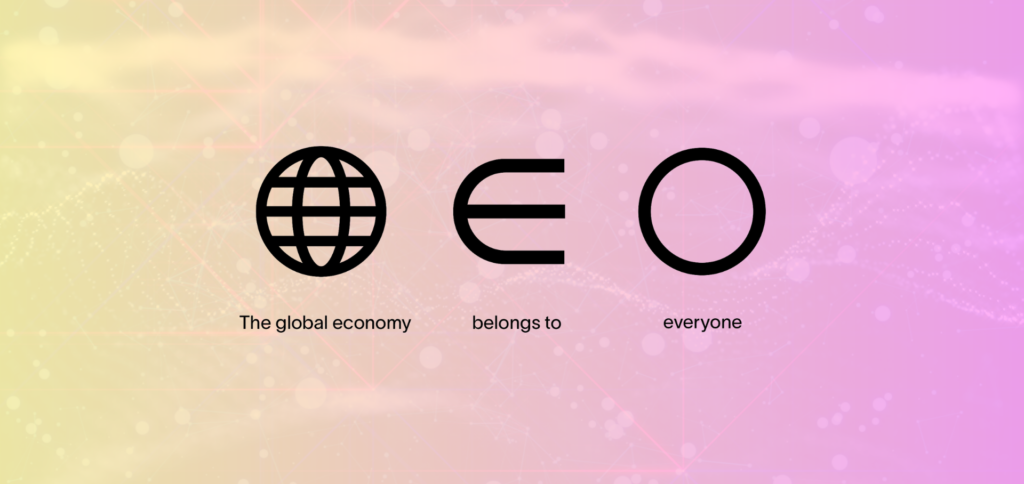The story told by the Brazilian Thaila Ayala It's real, but it's not hers. Well it could be. The model and actress agreed to join forces with the NGO The Exodus Road and give a face to this story that repeats itself every minute in Brazil.
ADVERTISING
There are hundreds of girls, here and around the world, being groomed, deceived and trafficked with seductive proposals to become international models. And they have no idea that they could become another victim on the human trafficking route.
“The most common thing in Brazil – in relation to human trafficking – is the invitation for women to be models in any country in the world. It's a common crime. And Thaila brings this with great mastery and beauty. We titled the campaign 'My Story', to create an impact on society. It is made by a public figure, a well-known face, so that we can draw attention to this issue”, explains Cintia Meireles, representative of the NGO in Brazil
Cíntia asks: “what was the last campaign you heard about human trafficking? Which public person have you heard of who decided to take part in such a campaign? It does not have. So, this is the first campaign [of its kind].”
ADVERTISING
The campaign will be launched in January in Brazil and the United States (USA), in the month of “Blue Campaign” (Blue Campaign in free translation) carried out by the US Department of Homeland Security, which alerts the population to the crime of human trafficking.
Impact
Cintia Meireles says that the campaign has enormous potential to move and engage. This was experienced by the NGO on the film set, with people thrilled to hear the story, and it occurs whenever a person receives the teaser and does not know that it was a dramatization.
“People stop and literally start crying, because they believe it is a story that Thaila lived. At the end of the video, the actress explains that this is not a story that Thaila lived, but that she saw many people live this story. This is where she speaks, as a model, as an actress,” she says. “Many Brazilian women, when they watch the campaign, will know that it is a real story.”
ADVERTISING
Why did the NGO choose to dramatize this story? Cynthia explains:
“It’s an invisible crime, no one feels comfortable talking about it. Even for organizations that fight, it is difficult. Nobody likes to like a sad story like this on social media.”
Cintia also highlights that it is quite common for victims of crimes such as human trafficking, especially sexual exploitation – and this also includes the LGBTQIA+ community – not to feel like victims, or not to realize that they were victims. There is shame, guilt, fear... a series of emotions that prevent someone from admitting, in the face of public opinion, that they have been or are going through this type of situation.
ADVERTISING
You can also listen to this excerpt from the interview with Cíntia Meireles from Exodus Road⤵️
Invisible Crime
Human trafficking or human trafficking is an invisible crime. It involves millionaire figures and powerful gangs, with powerful people, so combating it is practically impossible, especially in a country of continental dimensions like Brazil.
According to Cintia, it is known that Brazil is one of the important routes for human trafficking.
ADVERTISING
“I don’t like to use this term, but Brazil is an exporter of women for sexual exploitation”, he reminds the NGO representatives.
Unfortunately, there is a lack of data and statistics on this crime, both in Brazil and in the rest of the world. Therefore, the best way to prevent it from continuing is to raise awareness among potential victims.
“That is the intention of our campaign. Bring this issue to the public, so that we can begin to debate it with society. So that we can ask ourselves: am I seeing a victim of human trafficking? That sex worker who is on a road, is she there because she wants to or because she is a victim of human trafficking?”, warns Cintia.
If you want, listen to more about this interview ⤵️
The Exodus Road
The Exodus Road is an international non-profit organization, based in Colorado, United States, to combat human trafficking with offices in Thailand, India, the Philippines, Brazil and an undisclosed country in Latin America.
In addition to “after care” shelters for victims of human trafficking, there are teams of secret investigators and social workers who go to places where this crime is caught, preparing dossiers for the local police to carry out the work of freeing the victims and arresting the criminals.
In Brazil, the Organization works with training for police officers, teaching them to understand what human trafficking is, how it works and who the victims of this type of crime are, how to approach, investigate and act in the places where it occurs. In addition, the NGO also offers equipment that helps monitor gangs.
Hear more details about the organization’s action ⤵️:
At the end of 2022, the organization ran a campaign in partnership with the Federal Police to alert possible Brazilian victims of international human trafficking. Look:
Data collected by the NGO:
43% of victims of human trafficking are in forced labor.
13% of human trafficking victims are being exploited in the sex trade.
44% of victims of human trafficking are in forced marriages.
See also:

Receive news and newsletters do Curto News by Telegram e WhatsApp.




